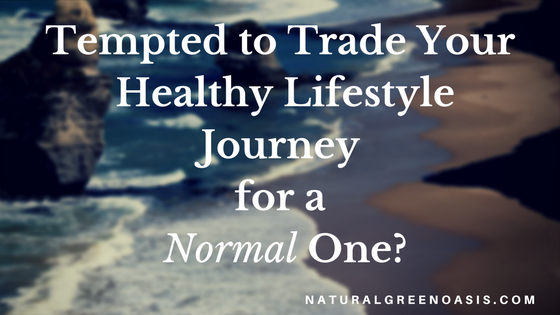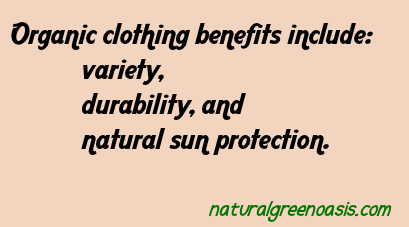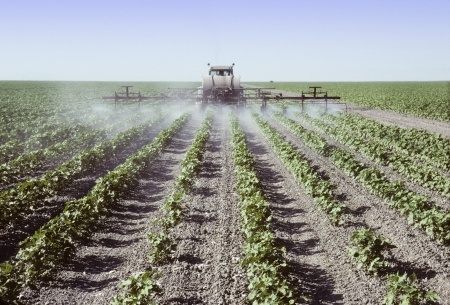
Do you, sometimes find yourself thinking that if only you could just be normal, things would be better?
For instance, you’d be able to stop at your favorite fast-food restaurant, order a quick meal, go home and relax rather than take the time and expend the energy that you really don’t have to prepare dinner?
Believe me, I understand, I’ve felt, thought and said all of these. There are times when I still do. But, when I stop and think about it. I wonder if what I’m wishing for is really beneficial to me.
Yes, it would be easier, to do those things. But, when you stop and look at what we call normal. Is it really? Or is it simply the convenience that we’ve become accustomed to and normalcy has nothing to do with it.
Also, when we focus on being “normal,” it affects us detrimentally by creating obstacles that get in the way of achieving our goal of living a healthy, high-quality life.
Three ways desiring to be normal can hinder you:
1. You find unhealthy items deceptively appealing.
Much of what we get at most fast food restaurants, for instance, isn’t really food. It’s food-like but it isn’t food. Then, if you’re dealing with food allergies, it becomes even more difficult to find a nourishing menu item. So, although convenient, it isn’t healthy.
2. You find unhealthy behavior tempting.
Perhaps, there are times when your allergies and sensitivities cause you to feel tired and require more rest. Yet, you wish to be “normal” so you can function on less sleep like you imagine others do. (Studies show that most Americans don’t get enough sleep and would be better off with more.)
3. You miss out on what will actually nurture your unique self.
Delicious, healthy, energizing food that can be prepared rather quickly and the exhilarating feeling of having gotten enough rest eludes you.
We are all unique. God created us that way. Many times when we endure special circumstances that don’t fit into what’s conventional, we are forced to recognize we aren’t like everyone else.
Perhaps, if we changed our mindset, we wouldn’t feel marginalized at all but empowered. Empowered in knowing that we can be ourselves and live a healthy, joyful life.
So, why not embrace your unique “normal”?
- If you have food allergies, embrace them and set about exploring the plethora of tasty, nutritious foods that aren’t allergens for you.
- If you need more than the average amount of sleep each night, embrace that fact, look at your schedule, and determine when you can include a nap, or what can be adjusted so that you can get to bed earlier.
- If you have environmental sensitivities, embrace them and set about finding out how to transform your home into a nurturing, safe haven.
What are some things that you do to embrace your unique “normal”?






